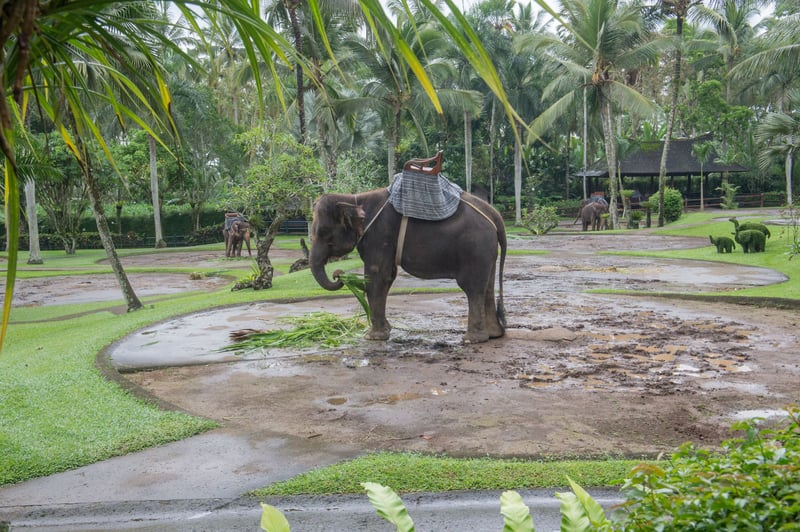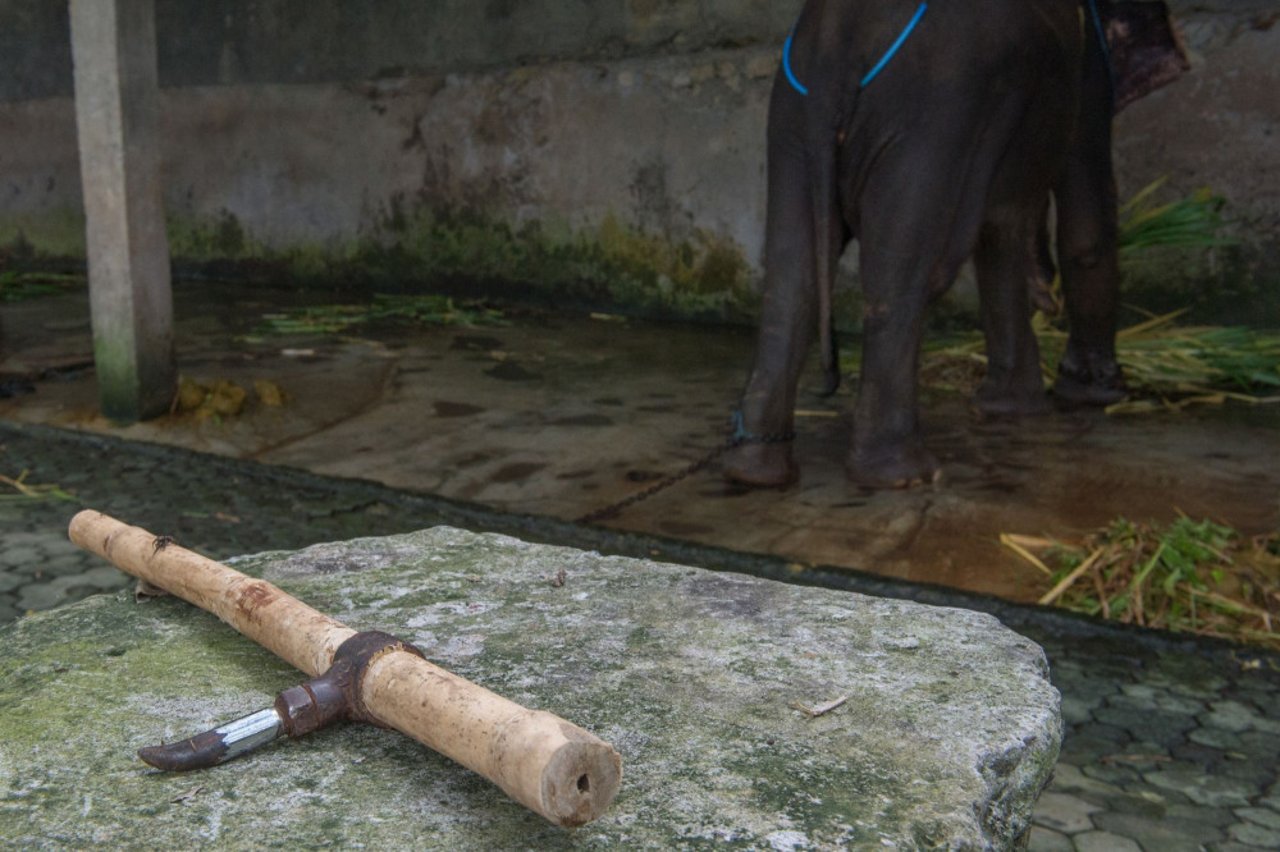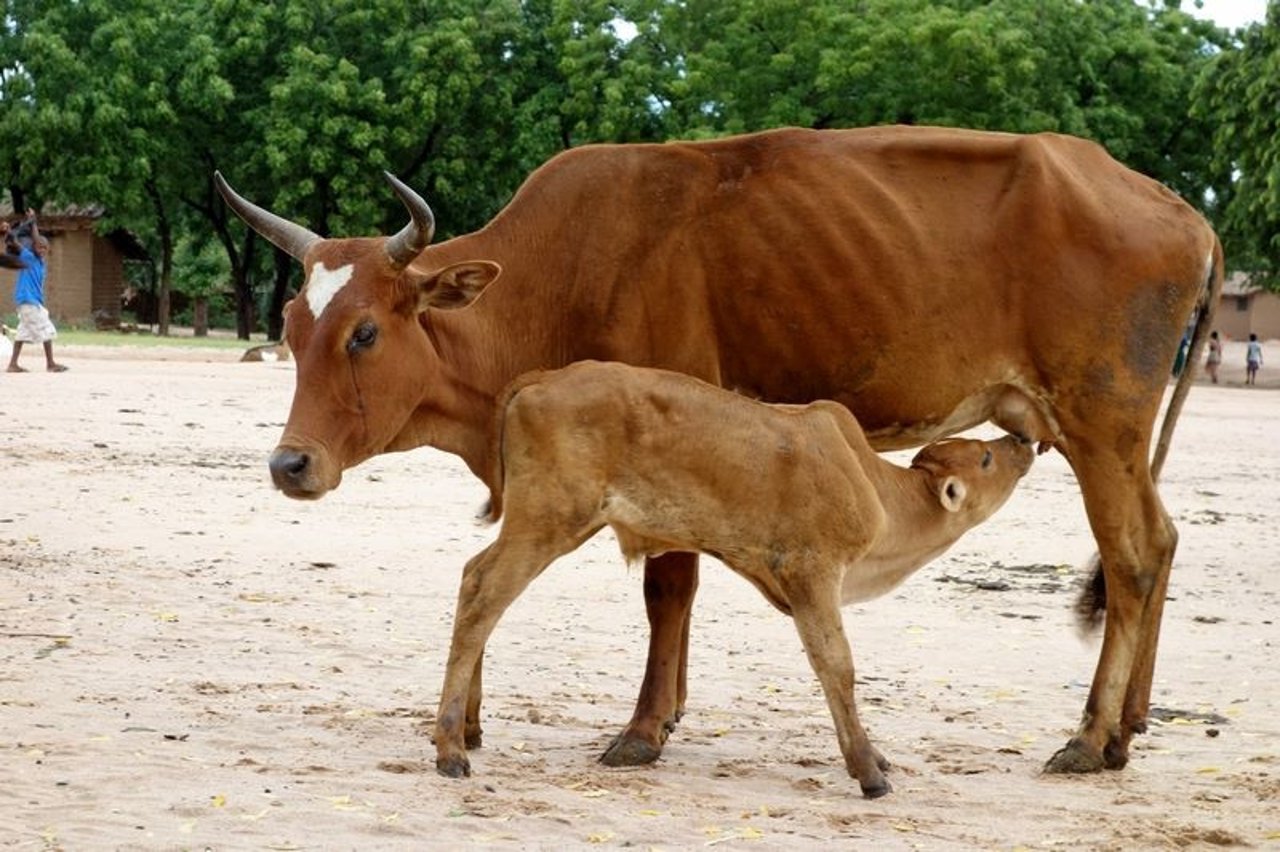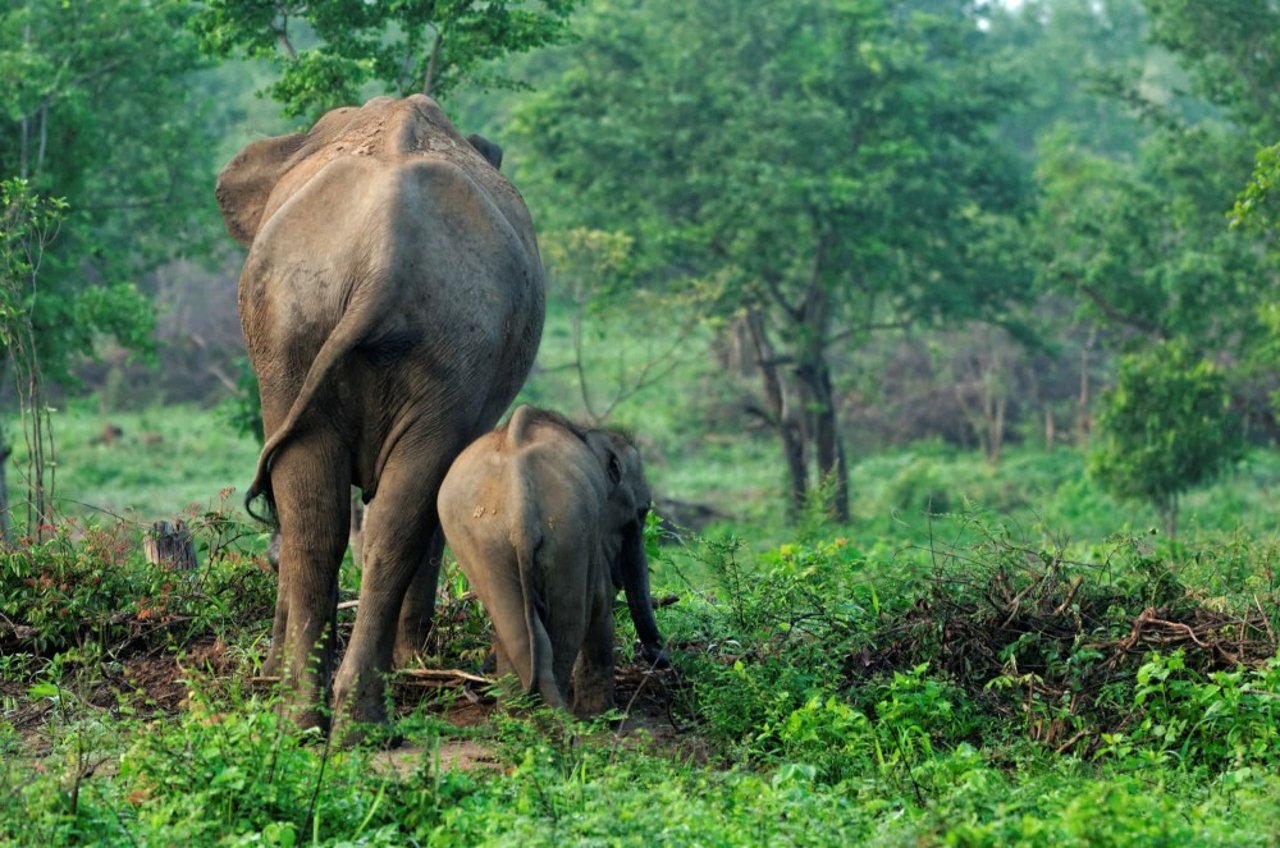
Bali is far from an island paradise for captive wild animals
News
Across the world, and throughout Asia, wild animals are being taken from the wild, or bred in captivity, to be used in the tourism entertainment industry. They will suffer at every stage of this cruel process and throughout their lives in captivity.
Wild animals captured from the wild, taken from their families, are being forced to endure painful and intensive training to make them perform, and to interact with people. They live their entire lives in captive conditions that cannot meet their needs. A life in tourist entertainment is no life for a wild animal. It is inherently cruel and abusive.
Bullhook used for elephant training
Wildlife abusement parks report: scale of suffering
A total of 26 wildlife venues were surveyed during November 2017 on Bali, and one on both Lombok and Gili Trawangan.
Our investigators observed more than 1,500 wild animals being used within entertainment venues, both as exhibits and in activities such as rides, selfies and shows.
Of the venues visited, 100% of those with captive wild elephants, tigers, dolphins or civet cats, and 80% of those with captive wild primates did not meet even the basic needs of captive wild animals.
Watch our video on wildlife abusement parks
Among the key issues highlighted in the Wildlife Abusement Park report were:
- Animals kept on short chains or in small cages;
- Many venues had non-existent or insufficient vet care;
- At one dolphin entertainment venue, the dolphins had their teeth filed down or removed entirely, to ensure they are unable to inflict serious bites on swimmers;
- Animals were forced through often cruel training methods to interact with tourists and perform shows;
- As well as limited opportunities to naturally socialise with other animals. For social animals like elephants and orangutans, this is hugely problematic.
Become part of the solution
Our new report paints a bleak picture for captive wild animals but there are ways you can help make a difference. Removing tourist demand for cruel wildlife rides, shows and selfies is vital. In 2017, around 2,72,761 Indians travelled to Bali making India rank third on the list of countries that have tourists visiting Bali.
By making ethical travel choices and boycotting wildlife abusement parks and the travel companies that promote them, you can be part of the solution.
Make the commitment today and help keep wild animals in the wild where they belong.
A life in tourist entertainment is no life for a wild animal. It is inherently cruel and abusive.


